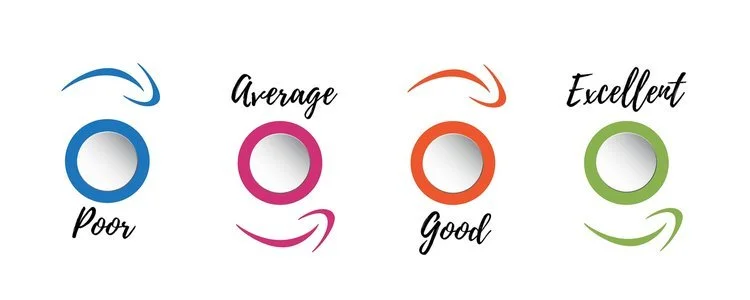“Of the People” A Citizen’s Guide to Reining in the Retreat from Reason in Public Affairs
(Note: This post introduces the “Citizen’s Guide” - a separate menu option on this website.)
“In a democracy, no one else does our thinking for us.” - Eleanor Roosevelt
On January 20, 2020, the first case of COVID 19 was diagnosed in the United States. By late January of this year, 1,126,000 Americans had died, with 104 million infected. From the outset, a host of questions arose, and Americans couldn’t agree on the answers. Was the virus a serious health threat? How fast and in what ways should the nation respond? What should be shut down and when? When should things open up? Should there be mask and social distance mandates and for how long? Should people get vaccinated? Were vaccines safe? Sadly, these became not just medical and public health questions but passionate political ones. If ever there was a time for sober reason to guide public affairs, this was it. Instead, Americans fell prey to misinformation, escalating emotions and partisan bickering.
This is not what our founding generation wanted. America was to be a product of the Enlightenment, anchored in the belief that reason can guide human affairs. We wouldn’t need a king, czar, or queen to reign over us. In 1776, that idea freed us from English rule and despite troughs of illogic and destructive emotions, it has brought us many “blessings of liberty” promised in the Preamble to the Constitution. America can work - but only if we understand what it demands of us - sound reasoning in our duties as citizens.
Today, what our founders called the “American experiment” in self-government is being challenged again. Thoughtful citizens are asking tough questions about the state of our nation: Why is everyone so angry? Who can we trust? Why do our disagreements seem insurmountable? Why can’t people agree on facts or what the truth is? Why are so many blinded by bias and self-interest? Why do fake news and conspiracy theories spread? Everywhere we turn, some op-ed, social media post, TV/radio commentator, politician, party, PAC, or interest group is shouting and telling us what to think about public issues and individuals. Clear thinking and civility are severely tested.
We can blame politicians, the media and other “influence peddlers,” but if they’re biased, we don’t have to listen. Their influence comes only if we act on what they say. As Eleanor Roosevelt reminded us, we can and must think for ourselves. We can’t outsource thinking and our freedom to others. Democracy works only if we do its hard work. Thomas Jefferson, perhaps our foremost believer in self government, said “[W]e may tolerate error so long as reason is free to combat it.” But what if our reason isn’t free? Helping is confront this is the focus for “Of the People: A Citizen’s Guide to Reining in the Retreat from Reason in Public Affairs.”
The Guide offers ways to think about and thinking traps to avoid in regard to16 questions - challenges - that confront us as thoughtful citizens. Each question is a separate menu choice under the Citizen’s Guide tab that you can also access by clicking on the links here:
Question #1: Has American Politics Always Been Nasty? Can We Survive It?
Question #2: What is My Responsibility as a Citizen?
Question #3: What Do Citizens Need to Know about the Brain?
Question #4: How Do We Make Political Decisions?
Question #5: Why Do We Feel the Need to Take a Stand on a Political Issue?
Question #6: What “Experts” Should I Trust?
Question #7: How Can I Explore a Public Issue Carefully?
Question #8: Should I Rely on My Memory?
Question #9: Am I Willing to Change My Mind?
Question #10: How Much Should I Pay Attention to Public Opinion?
Question #11: How Do I Deal with Conspiracy Theories?
Question #12: How Can I Avoid Disinformation and Fake News?
Question #13: How Can I Avoid the Pressure to Go Along with the Group?
Question #14: How Should I Deal with Political Ads?
Question #15: How Can I Spot Lies in Public Life?
Question #16: Should I Support a Candidate Who Asks for My Vote?
You can read the questions in any order. They all play a part in answering the challenge Alexander Hamilton gave in the very first of the Federalist Papers, written to urge ratification by the states of the U.S. Constitution:
“. . . it seems to have been reserved to the people of this country, by their conduct and example, to decide the important question, whether societies of men are really capable or not, of establishing good government from ref[l]ection and choice, or whether they are forever destined to depend, for their political constitutions, on accident and force.”
– Alexander Hamilton, Federalist #1
Photo Credit: Larry White at pixabay.com







